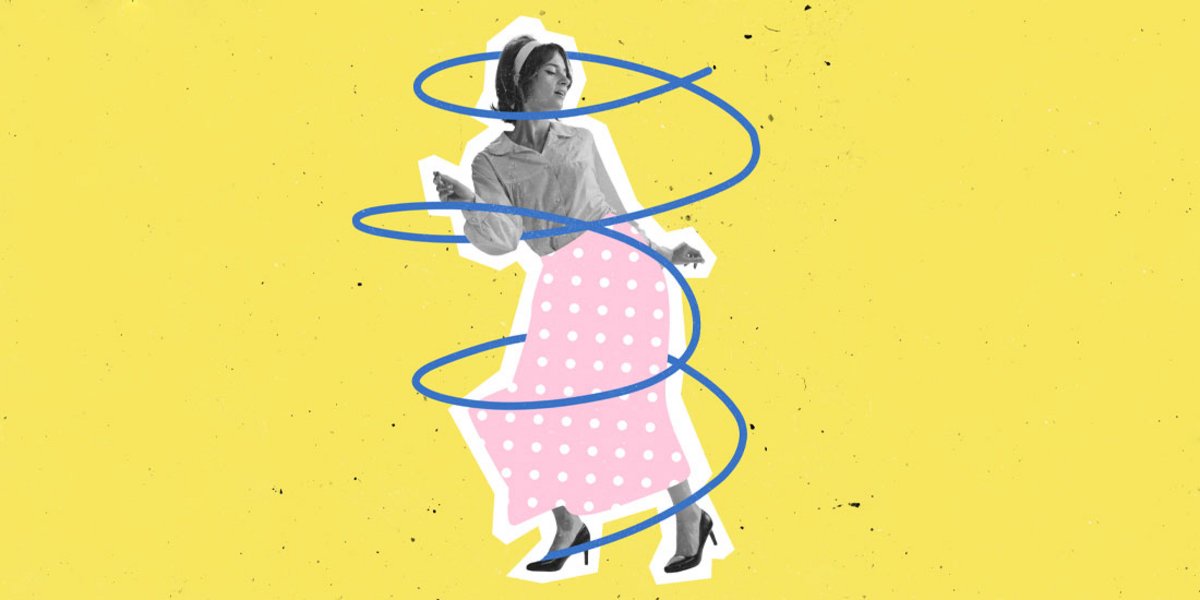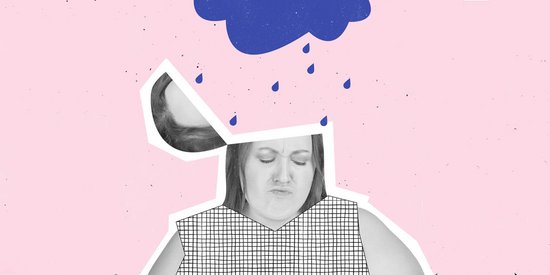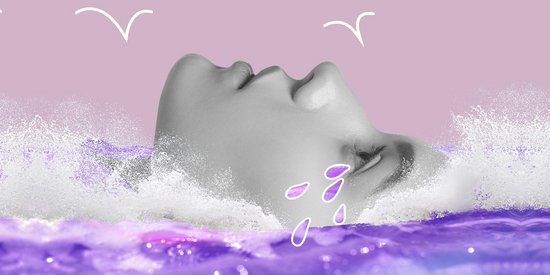To be delivered from their periods, who did not repeat “Thank goodness for the menopause!” like a Mantra?
It's the end of hormones... not the end of everything!
Preparing for it as best as possible, to have a better experience, is the primary mission of this article, because menopause is an unavoidable occurrence, ladies! Admittedly, menopause is much less of a taboo subject than it used to be, but it still spreads an image of aging, as well as an image of the symptoms that accompany it! Help is at hand! To write this article we have purely looked at the possible solutions, because there are some to be had!
We are going to see how to prepare for the menopause in order to better experience it and thus avoid suffering.
Like many women, the apprehension of the menopause conjures up pictures of anxiety, hot flashes, night sweats, loss of libido, etc. So many symptoms, each one more disabling than the last.
Fortunately, the menopause is not experienced in the same way for all women. Far from it. The natural cycle of life for some and second youth for others, hormonal upheaval and depressive periods for others, it's all about where you sit with things, and your feelings.
In this article, we will look at solutions (and only solutions), based on positive human experiences.
You are what you eat:
In China, for example, did you know that women have almost no hot flashes? Indeed, their diet, based on phytoestrogen supplementation, helps them get through this important event. For many Asian women, the concept is simple: "you are what you eat." Vegetable estrogens could have a prominent place on your plate. Soybeans, flaxseeds and red clover contain estrogen-like substances, which reduce hot flashes. Foods rich in zinc such as meat, cheese, cereals, nuts, eggs and fish increase testosterone production and therefore can help limit problems with your sex drive.
In some European countries, plants such as Starflower and Evening Primrose are also popular to help ease symptoms.
Zen attitude and genetic heritage:
The fact is, that it can be a fear of the menopause that can be the root of all evil. Like any hormonal change, stress can take over, not to mention changes of emotions and mood swings. Exacerbated anxiety is often due to fatigue, insomnia due to night sweats, loss of libido which does not help a relationship. And yes, that is what we read in all the magazines. Scary isn't it? For women who fear the effects of an early menopause the likelihood of actually suffering from symptoms increases. Again, women react differently emotionally. Hence the importance of a personal inventory, what I call the inventory of maternal, genetic and psychological heritage. It seems to me, that this is essential, so as to avoid repeating the same maternal pattern and thus be able to experience one's own menopause in one’s own way. Being informed precisely about the physiological and psychological changes of menopause is good, but keep in mind that not all women have the same symptoms and that many are exempt from them.
Alternative medicine such as acupuncture, herbal medicine, relaxation, hypnosis, offer many very interesting alternatives to reduce discomfort. Just as physical exercise allows you to evacuate nervous tension, limit weight gain, but also reduce hot flashes, do not hesitate to organize new routines, and consider things like pilates, yoga, relaxation, walking or any other activity.
The goal is to make you happy
Those who get through the menopause the best way, will be the ones who decide to be happy and to embrace this physiological break that their body is offering to them. Is taking care of yourself finally becoming a new priority? More than a priority, this is the key.
It should be noted, and with all due respect to scientific words, that in 2002, an American study published in the Journal of the American Medical Association revealed that hormone treatments could not only increase the risk of breast cancer but that in addition they fell far short of what they promised to treat, with respect to the symptoms.









